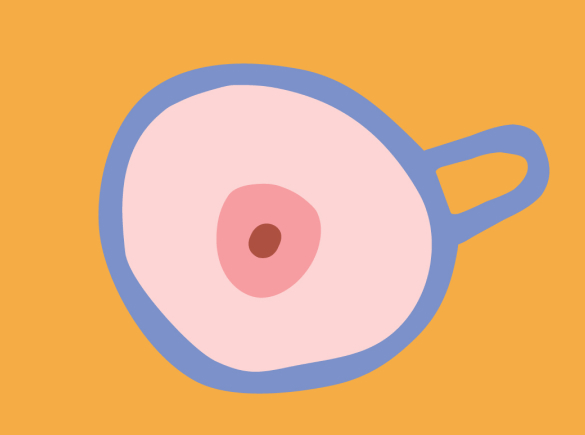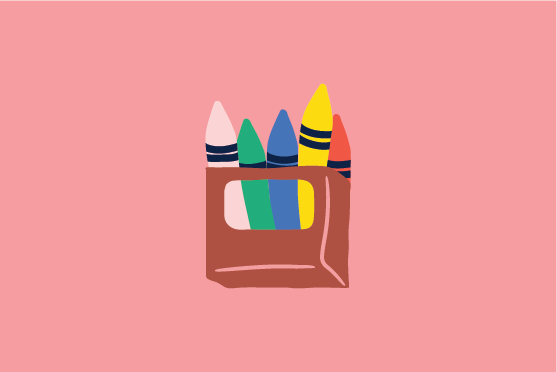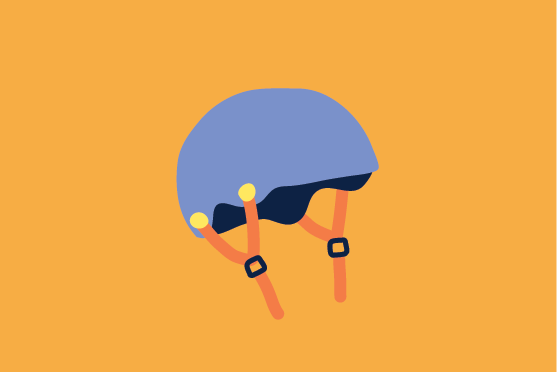Inside this article
Breastfeeding is an incredible journey that understandably comes with many questions, especially about what is safe to consume. One common question among new mothers is about caffeine and breastfeeding. So, how much caffeine is safe to consume while breastfeeding?
So, can you enjoy your favourite coffee, tea or caffeine-containing drink while breastfeeding? This article will explore the science, safety, and tips for managing caffeine intake during this special time.
How does caffeine affect breastfeeding?
When you consume caffeine, it enters your bloodstream and, to some extent, passes into breast milk. However, the amount transferred to breast milk is typically only about 1% of the caffeine you consume.
Although only a small amount of the caffeine you consume reaches your baby, babies metabolise caffeine much more slowly than adults, especially newborns and pre-term infants, because their liver and kidneys are not fully developed. This makes it harder for them to break down and eliminate caffeine from their bodies. As a result, caffeine can accumulate in their system, potentially leading to irritability, restlessness, or sleep disruptions.
By around six months of age, a baby’s ability to process caffeine improves significantly, making it less likely to cause noticeable effects.
Is caffeine safe while breastfeeding?
Yes, caffeine is generally considered safe in moderate amounts while breastfeeding. According to European safety authorities and the NHS, most nursing mothers can safely consume up to 200 milligrams of caffeine per day without it negatively affecting their baby. According to the NHS that’s roughly equivalent to 2 cups of instant coffee:
- One cup of instant coffee = approx. 100mg
- A cup of filter coffee = approx.140mg
- One cup of tea (including green tea, which can have the same amount of caffeine as regular tea) = approx. 75mg)
It is important to note though that the amount of caffeine in coffee from different brands/shops/cafes can be variable depending on the beans used and how it is brewed.
Another point to keep in mind is that caffeine isn’t only found in coffee and tea, it is also present in chocolate, sodas, energy drinks, and some medications so you may need to factor this into your calculations.
- 1 can of cola = approx. 40mg
- 1 energy drink (a 250ml can) = approx. 80mg
- 50g of plain dark chocolate = is less than 25mg
- 50g plain milk chocolate = less than 10mg
Signs of caffeine sensitivity in babies
Every baby is different, and some may be more sensitive to caffeine than others which is similar to how caffeine affects adults. If you are consuming caffeine while breastfeeding it can be useful to watch for signs that your baby might be reacting to your caffeine intake, such as:
- Increased fussiness or irritability
- Trouble sleeping or staying asleep
- Increased jitteriness
If you notice these symptoms, consider reducing your caffeine intake and observing if the situation improves.
How to drink caffeine safely while breastfeeding
As a new mum having your caffeine fix can be an important part of your day and can help to keep you going through those long postpartum days. Here are some tips to help you enjoy your caffeine safely.
- Time your caffeine intake: Drink coffee or tea right after nursing to allow time for the caffeine to leave your milk before your baby’s next feed. Caffeine levels peak in breastmilk 60 minutes after consuming it so this allows time for caffeine levels to peak and then drop before your next nursing session.
- Monitor Your Baby: Pay attention to how your baby reacts to your caffeine consumption and adjust accordingly if you notice any negative effects.
- Spread it out: Instead of having a large coffee all at once, try consuming smaller amounts throughout the day to avoid a caffeine spike.
- Opt for alternatives: If you’re concerned about your baby’s sensitivity, try decaffeinated coffee or herbal teas (just ensure they are safe for breastfeeding).
- Stay informed: Be mindful of hidden sources of caffeine, such as certain pain relievers, soft drinks, and chocolate.
- Aim for a balanced diet: Keep your energy levels stable and reduce your reliance on caffeine by incorporating healthy snacks made up of whole grains, protein, fruit and vegetables.
If you’re unsure how much caffeine is safe for you or if your baby seems unusually sensitive to your diet, talk to a lactation consultant or your paediatrician. They can provide tailored advice based on your baby’s age, health, and tolerance.
Conclusion
Caffeine can be part of your breastfeeding journey, but moderation is key. Most mums can enjoy their favourite caffeinated beverages without issues, especially if they keep their intake under 200 mg daily. However, every baby is unique, some may tolerate caffeine well, while others might be more sensitive. By being mindful of your consumption and paying attention to your baby’s cues, you can strike a balance that works for both of you.









